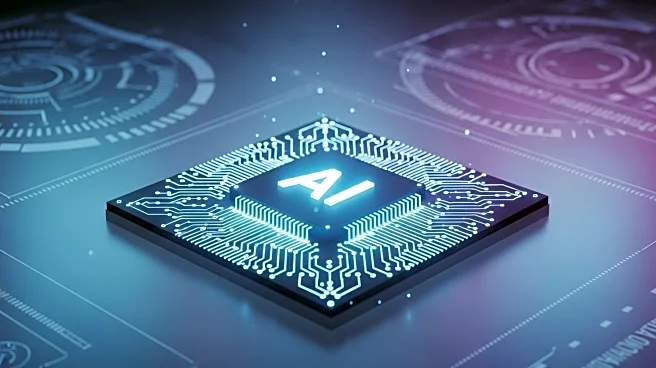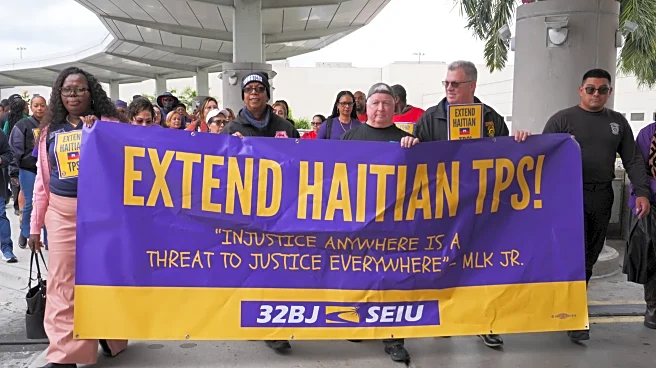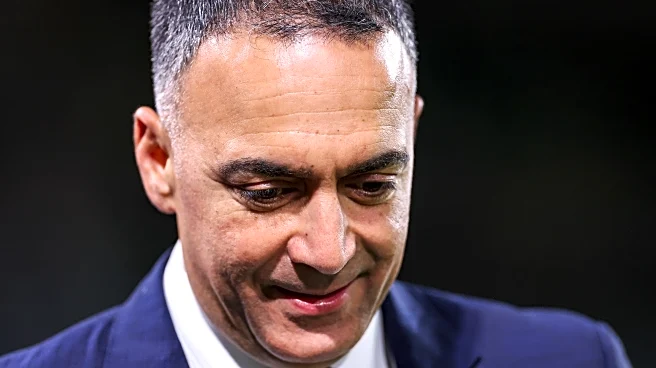What is the story about?
What's Happening?
The American Arbitration Association (AAA) has announced the launch of an AI-powered arbitrator, set to begin operations in November. This AI tool will initially handle documents-only construction defect cases, with potential future applications in insurance and high-volume, low-dollar disputes. The introduction of AI in arbitration aims to reduce litigation costs by 30-50% and decrease case resolution time by 25-35%. The move reflects a growing trend towards integrating AI in legal processes, although it raises questions about the role of human litigators and the potential for AI to handle more complex cases.
Why It's Important?
The introduction of AI in arbitration could significantly impact the legal industry by reducing costs and increasing efficiency in dispute resolution. This development is particularly relevant for low-exposure cases where legal fees often exceed the value of the dispute. Businesses and insurance companies stand to benefit from reduced transactional costs, potentially leading to more cases being resolved rather than abandoned due to financial constraints. However, the shift towards AI decision-making also raises concerns about consent and the potential for coercion in contract terms, especially for parties with less bargaining power.
What's Next?
As AI arbitration becomes more prevalent, stakeholders will need to address issues such as bias in AI decision-making, transparency, and the establishment of regulatory frameworks. The legal industry may see a shift in the role of litigators, with a focus on overseeing AI processes and ensuring fairness. The success of AI arbitration will depend on its acceptance by parties involved and the development of safeguards to protect against potential abuses.
Beyond the Headlines
The use of AI in arbitration highlights broader ethical and legal challenges, such as ensuring voluntary consent and addressing potential biases in AI algorithms. The legal industry must balance the benefits of AI efficiency with the need for human oversight to maintain trust and fairness in the justice system.
















